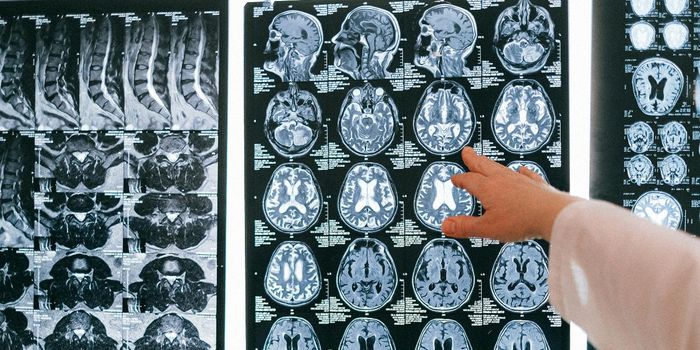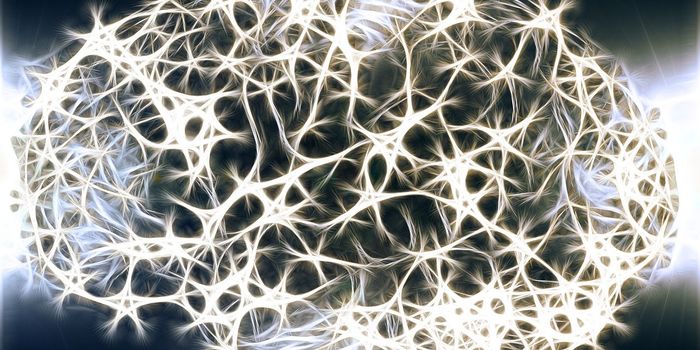There's good fat, and then there's really good fat.
Two separate studies have pointed to the key role played by the fat LPC in maintaining healthy brain functioning. The studies each showed that if not enough LPCs get through to support the brain, the effects can range from disease to death.

LPC, the abbreviation for Lysophosphatidylcholine, describes a class of chemical compounds that may also be referred to as lysoPCs or lysolecithins. These fats are transported to the brain by the carrier protein Mfsd2a.
Mfsd2a, which is expressed in blood vessels that form the blood-brain barrier, was identified last year to be the major transporter for DHA uptake into brain. DHA is a common omega-3 fatty acid known to be critical to healthy cognitive function and brain growth. It turns out Mfsd2a also is the transport mechanism for LPCs, as the newly published studies revealed.
Each of the new studies centered around families with mutations in the protein Mfsd2a. Once such study focused on children in families with microcephaly, or reduced head size that often leads to abnormal brain development and developmental issues. In these children, the Mfsd2a transport function was fully inhibited, meaning not enough LPCs were getting to the brain. The children died between the ages of one and six. It's the first time a genetic disease has been linked with LPC transport, and firmly establishes a correlation between LPCs and brain growth and health.
The other study involved a family with microcephaly. In this case, the Mfsd2a mutation reduced but did not completely eliminate transport of LPCs. The result was that family members incurred cognitive disabilities, speech difficulties, and impaired control of limbs, but not death.
David Silver of Duke-NUS Graduate Medical School Singapore co-authored the two studies showing the link between LPCs and brain function. Silver's 2014 study paved the way for the current findings. In that study, he showed that mice engineered without Mfds2a didn't transport LPCs and formed microcephaly. Since DHA deficiency doesn't cause microcephaly, this proved LPCs need to be shuttled into the brain and also implicated LPCs in brain growth and function.
Silver described the importance of the new research, which demonstrated for the first time the critical role of LPC fats in human brain functioning and growth: "Our work confirms the essential role of LPCs in brain development and function in humans, and indicates that brain uptake of LPCs during fetal development and in adult life is important. Now we are studying the functions of LPCs in the brain, and the implications for application are very exciting. We might be able to develop therapeutics in the future that could prevent and treat neurological disorders, and improve brain growth and function. We may even be able to target better brain nutrition for babies, mothers, and the aged."
The studies support the evidence favoring fatty acids and nutritional oils in a healthy diet, and will hopefully contribute to restoring some of the public appetite for certain fats, such as omega-3 fatty acids, pinolenic acid, and conjugated linoleic acid.
Follow Will Hector on Twitter: @WriterWithHeart
(Sources: Science.NaturalNews.com; Science Daily; Mayo Clinic)









